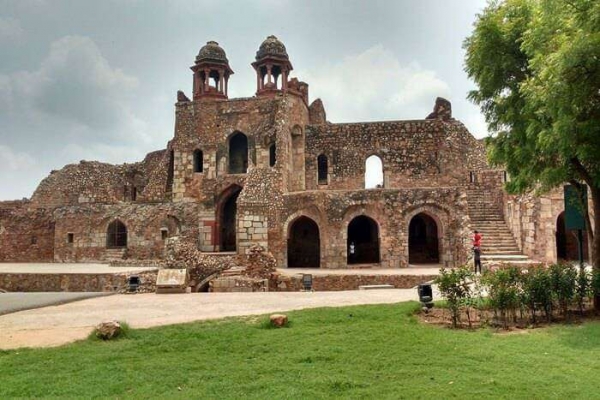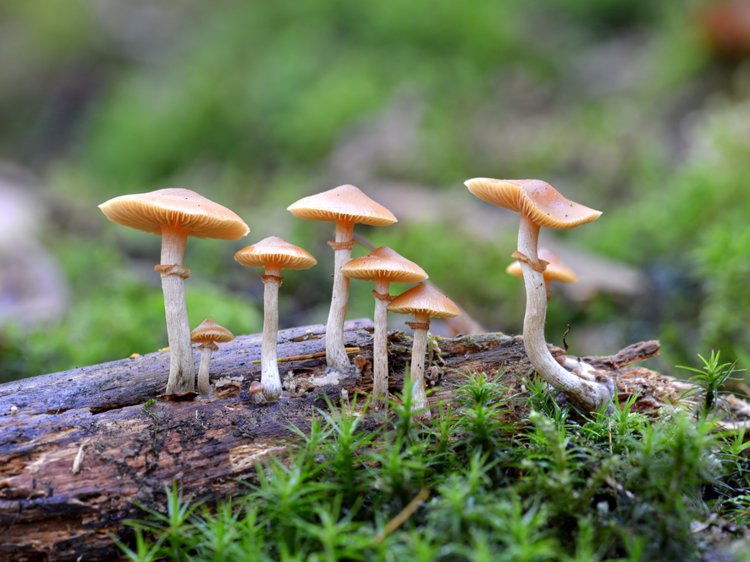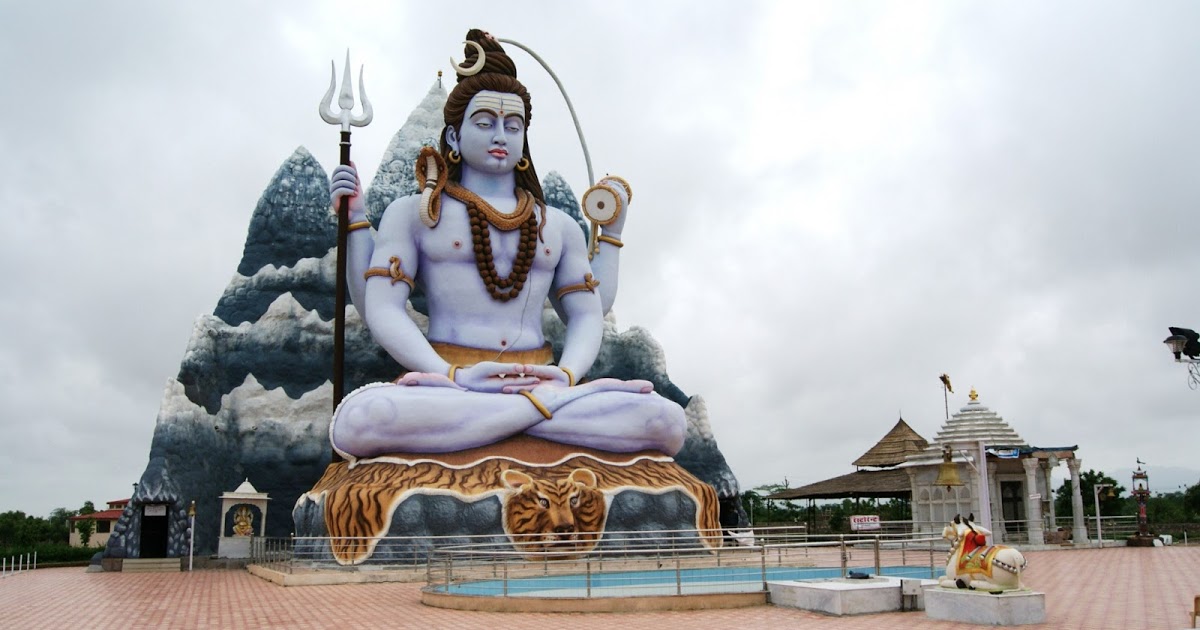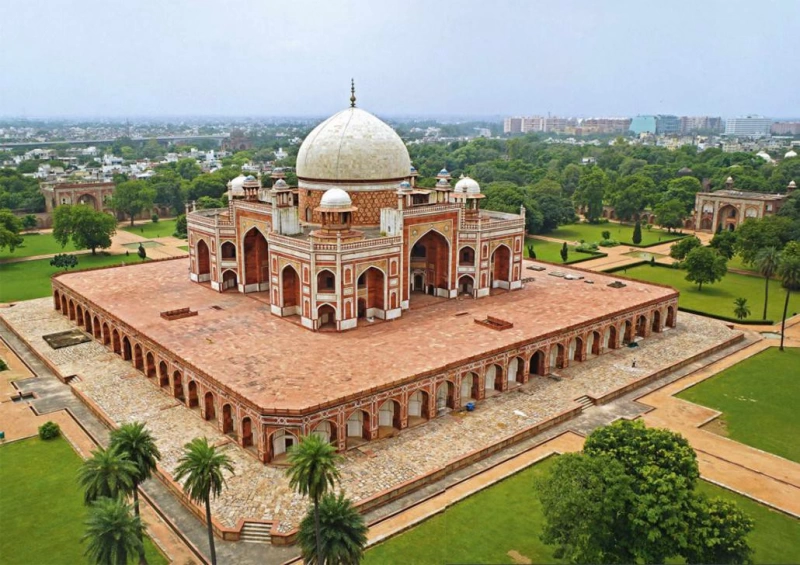
The Iconic Historical Monuments in Delhi
Delhi is the city of history. History resides in Delhi. Or I should say Delhi is the permanent address on the Adhar card of History. Kings were born here, wars were fought here, revolutions were born, Mahatma was made, Ghazni was destroyed, sun sat upon Mughals in Delhi, the Republic of India was born in Delhi, Great Britain had a separate lust for Delhi.
All of these instances had one thing in common. Any Guess?. The historical monuments in Delhi. The only surviving witnesses of Delhi's History because dead men tell no tales.
Let's have look at the iconic historical monuments in Delhi.
1. Safdarjung Tomb
A sandstone and marble mausoleum, Safdarjung's Tomb was built in 1754 for Nawab Safdarjung. The imposing building is a beautiful example of Mughal architecture.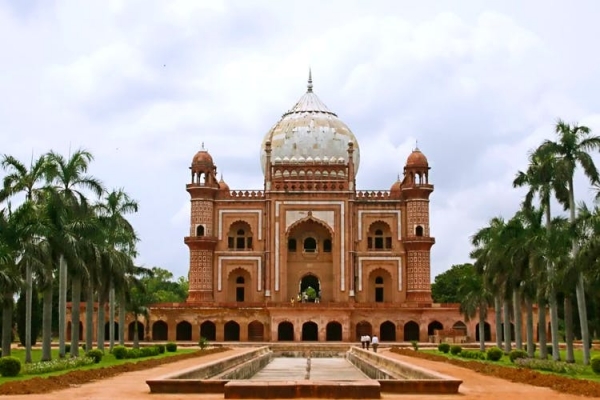
2. Red Fort
One of the most famous structures in India is the Red Fort, synonymous with Delhi. Shah Jahan constructed the beautiful building on red sandstone in 1638.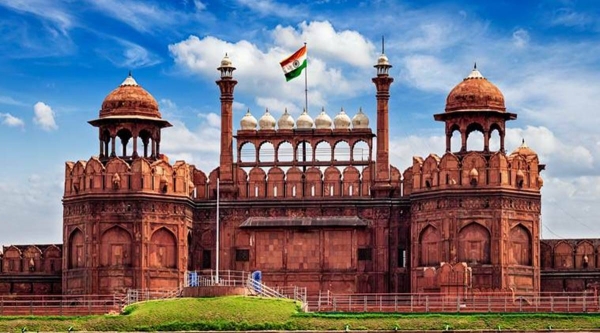
4. Qutub Minar
Built by Qutbuddin Aibak in 1193, this impressive 73-meter-high tower is one of the tallest in India. The marble and sandstone building is one of the main tourist attractions in Delhi.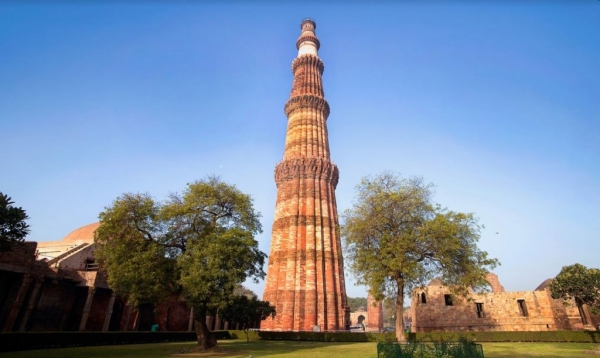
5. Ghalib Ki Haveli
It was the residence of the famous 19th century Urdu poet Mirza Ghalib. A heritage site set in Ballimaran, Old Delhi, the haveli reflects the downfall period of Mughals in India.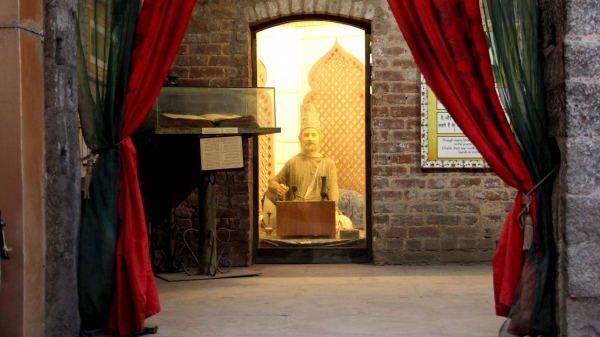
Also Read: 10 Resorts That Will Make You Feel At Home While You Work Literally In-Between Nature
6. Lodhi Garden
The Lodhi Gardens is one of Delhi’s most famous tourist hotspots surrounded by monuments and tombs, belonging to Lodi and the Sayyed dynasties. The garden features tombs of Sikander Lodi and Muhammad Shah.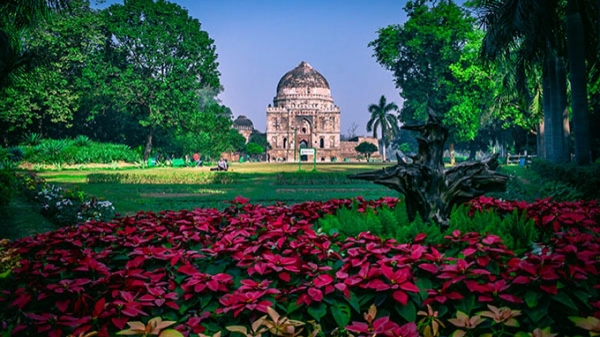
7. Jama Masjid
One of the largest in India, the Jama Masjid, with its towering minarets, is a must-see attraction in Delhi. The mosque was built by Shah Jahan in 1650 and it took six years to build the mosque. It can accommodate up to 25,000 worshipers at a time.
8. Humayun's Tomb
Humayun's Tomb, a UNESCO World Heritage Site, is a masterpiece from the Mughal era. This red stone architecture was built in 1526 after Humayun's death by his widow Hamida Banu Begum.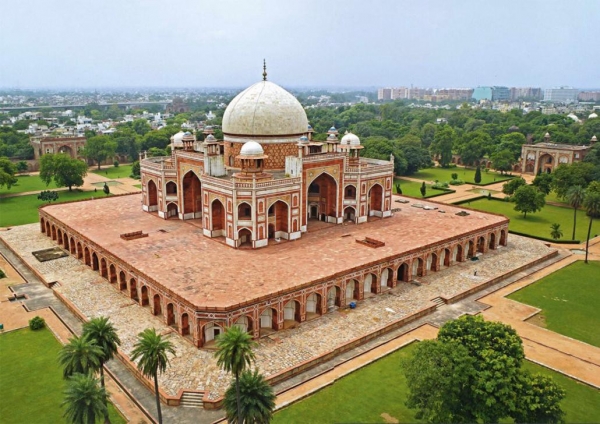
Also Read: Kodaikanal - The City of Magic Mushroom

